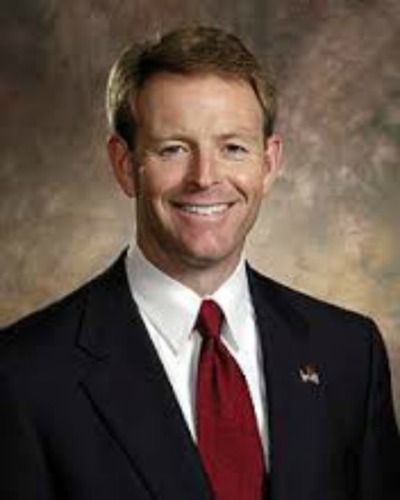I Stand Sunday: Pastors Stand Strong In Face of Houston Mayor's 'Personal' Agenda

Houston Mayor Annise Parker's original demand that five Houston pastors turn over their sermons and communications under the threat of fines and/or incarceration created a First Amendment firestorm. She's now withdrawn her demand. However, given the history of Parker's tenure as mayor, it's clear this was never about sermons or speeches -- or even about biblical teaching on human sexuality -- it was about political intimidation.
Many Houston area churches were stirred from their slumber as Parker began to push an agenda that she herself admitted was "personal." This personal "to-do" list included a special rights ordinance, which not only made public bathroom selection a matter of multiple choice, it set religious freedom and sexual expression on a collision course.
The citizens responded to the leading voices of Houston's biblically orthodox churches and within a 30-day period over 55,000 citizens, well over the 17,296 needed, signed petitions to place the Mayor's ordnance on the ballot for repeal. The response was overwhelming from a public that had been relatively lethargic toward the openly lesbian mayor who was ushered into the city's top job when only 16 percent of voters turned out to vote.
Threatened by a revived public, in a highly unusual and suspect move, Parker and the city attorney, David Feldman invalidated over two-thirds of the signed petitions. When organizers sued, she struck back at who she perceived to be the ringleaders, a diverse group of five pastors with subpoenas. Public support nationwide is on the side of the pastors with 77 percent of likely U.S. voters in a recent Rasmussen survey saying they do not believe the government should be allowed to prosecute religious leaders for comments that criticize government and social policies that violate the basic beliefs of their religion.
In a nation that is politically divided, this underscores the deeply engrained, almost subconscious understanding of the role of the church in America. Martin Luther King, Jr. articulated this understanding in his book Strength to Love when he wrote, "The church must be reminded that it is not the master or the servant of the state, but rather the conscience of the state. It must be the guide and the critic of the state, and never its tool. If the church does not recapture its prophetic zeal, it will become an irrelevant social club without moral or spiritual authority."
Last weekend, nearly 3,300 churches and home groups from all 50 states will gathered for I Stand Sunday a nationwide Sunday night church service standing with the pastors of Houston and standing up for the religious liberties, upon which our nation's future security and success depends. Fifty years later, let's pray this overt act of intimidation by Houston's mayor may serve to rekindle the church's prophetic zeal.





















